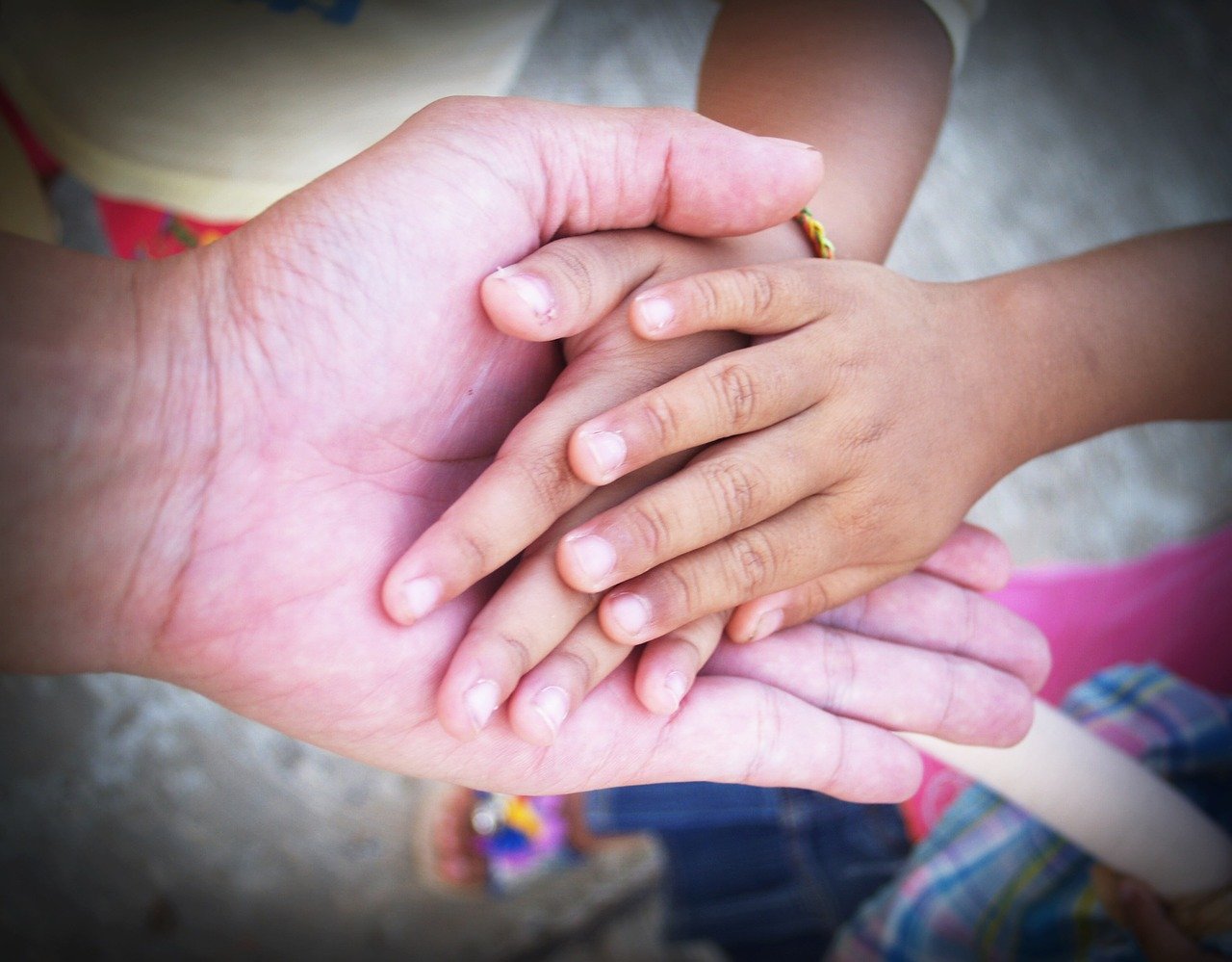Attachment is something a lot of adopted children struggle with. Learning to trust their caregivers is hard for children when they’ve been let down so badly in the past. Attachment-focused family therapy is something that can help children learn to trust their caregivers.
Today’s article is written by Mikenda Plant who is a family therapist, supervisor, and trainer. Mikenda has worked for 25 years with children in care and adopted children, their families, and the professionals who support them. She is a Consultant & Practitioner in Dyadic Developmental Psychotherapy.
Mikenda is also the author of Tippy Moffle’s Mirror, a therapeutic storybook for adopted children and parents. Head over to the book review section to read my review of the book and if you want to find out more about the book and other Moffle stories, check out Mikenda’s website.

Attachment-Focused Family Therapy
My name is Mikenda Plant and I’m a Family and Systemic Psychotherapist, specialising in Attachment Focused Family Therapy. This is also known as known as Dyadic Developmental Psychotherapy (DDP). It’s a treatment for adopted and looked-after children, who have experienced trauma and are struggling to develop secure relationships with their parents and carers.
DDP was developed by Dr Dan Hughes and is based on attachment theory. It focuses on the importance of the child and parent working together with the therapist. By having parents involved, the child experiences safety, comfort, and nurture with the people who matter most to them.
I use a range of attachment and trauma-informed ways of working in my practice as I’ve found that there is no ‘one size fits all’ when supporting adoptive families. A responsive and flexible approach is needed to meet each family’s individual needs.
When children have been hurt by early life experiences of abuse and neglect, they can develop a whole range of coping strategies that can feel alarming, confusing, and upsetting to their adoptive parents. I have often been told by parents that their child’s behaviour seems to be designed to push them away and seems to be saying that they do not need them or their love.
Therapy sessions
At the beginning of therapy, I spend time with parents to allow them to look at the impact on them of living with a traumatised child. We explore their own parenting and attachment histories, to understand better why their child might so readily ‘press their buttons’ and generate strong feelings and responses in them.
When parents have been on the receiving end of their child’s distress, anger, controlling behaviour, or rejection for long periods of time, it is not uncommon for them to find it hard to maintain feelings associated with being a loving parent. This is a natural neurological reaction to trying to relate to a child who struggles to attune. It is referred to as ‘blocked care’ and is very distressing for parents who suffer from it. It often provokes feelings of deep sadness and shame.
In therapeutic parenting sessions, we can work through this state of blocked care and find ways to help parents become kinder to themselves, as well as more receptive, open, and empathic to their child. Overwhelmed parents need and deserve to feel cared for themselves. When they do, it can free them up to care for their children in the way that they would like to.

I invite parents to join with me to become a therapeutic team. While they may bring their child to therapy for one hour a week with me, they love and care for their child full time and I know that they are the experts, and their child’s best resource. We need to understand and trust each other. I believe that the foundation of therapeutic success is the quality of the relationship that is developed between parent and therapist.
PACE
We work on understanding and developing PACE as a therapeutic parenting attitude. Playful (being optimistic; using humour when appropriate); Accepting (being validating/accepting of their child’s experience), Curious (showing non-judgmental interest and curiosity in their child’s experience), and Empathic (to convey their experience of their child). We couple this with psychoeducation to develop a ‘therapeutic toolkit’ of strategies for offering safety, structure, and boundaries to their child, alongside PACE.
All the time it is important to remember that ‘we don’t do perfect’! In my experience, adoptive parents can give themselves a very hard time and hold themselves to impossible standards of parenting, even under very difficult circumstances.
I invite parents to treat themselves more kindly and to invest in their self-care. I have found that when parents are supported in this way and regain their confidence in themselves and their abilities, sometimes there may be no need to bring the child into therapy. Parents may report that family relationships are improving, their child is closer to them and their difficulties are reducing.
When a child joins their parents in the therapy, our focus is to continue working on their relationships, to increase the child’s sense of safety and security. We work to connect and chat; develop resilience and resources and celebrate the child’s abilities and achievements.
Understanding their life story
Over time, we can begin to help the child to process past trauma memories and to make sense of their life history more fully. Good mental health requires that we have a ‘joined-up story’ about our lives – a coherent narrative as therapists like to call this – where we can make sense of our experiences and reflect on how they have influenced our thoughts and feelings about ourselves, others, and the world around us.
For me, one of the great joys of working in family therapy is finding lots of creative ways to do this. Ways that fit the family and that they can take home to continue using together. These can include sensory exercises, structured play, mindfulness, art, and storytelling.

If you’re looking for a UK therapist qualified in DDP, have a look at the DDP Connects UK website. You’ll find a public register of practitioners qualified in DDP, as well as research, training, and information relevant to parents and carers there.



